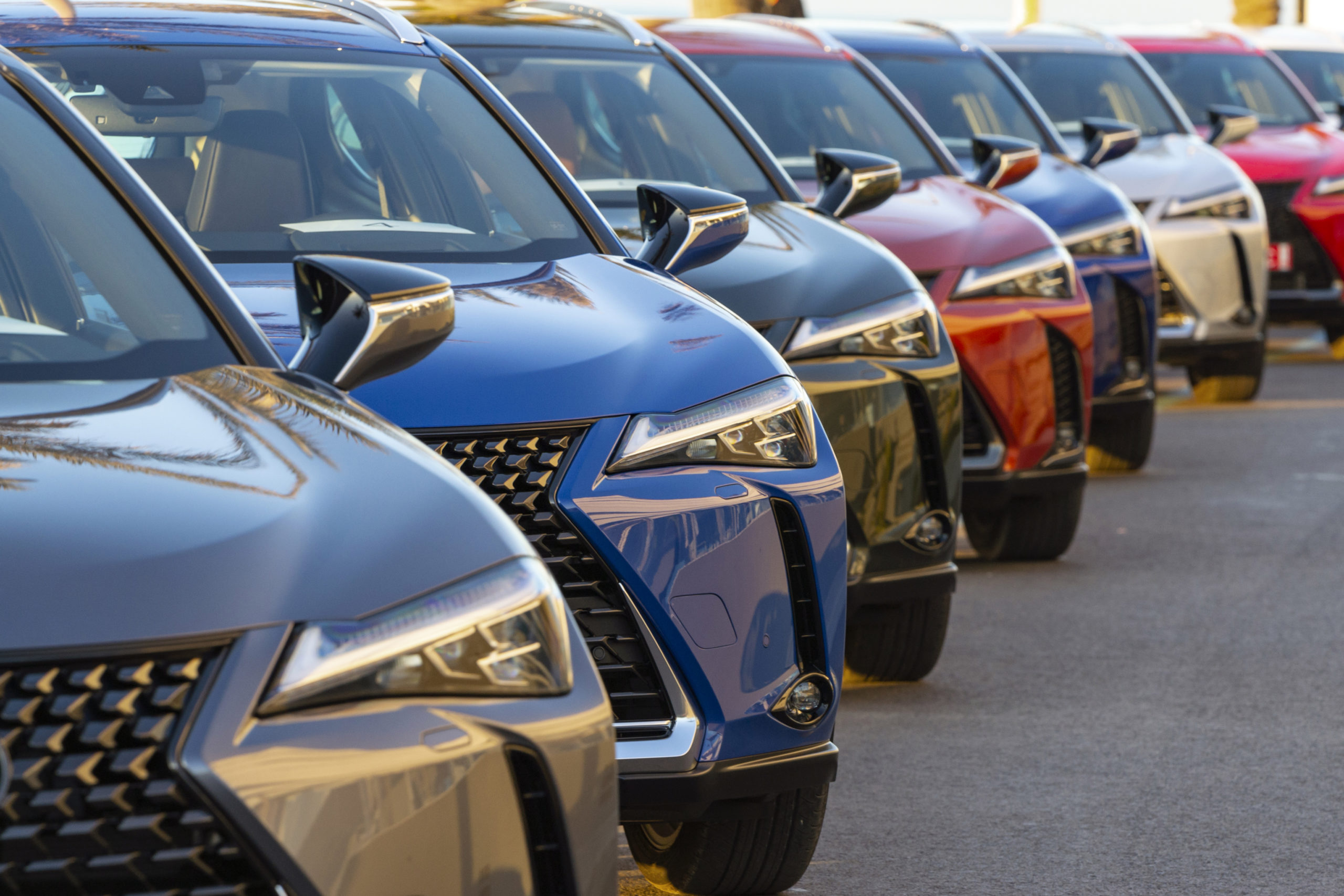This Guest Blog is written by Richard Blau, Chair of the Nationwide Alcohol Industry Group at Grey Robinson, Attorneys at Law
Congress recently passed its $1.2 Trillion Infrastructure Investment and Jobs Act, which President Biden is expected to sign any day now. The new federal funding provides approximately $17 billion for road safety programs, which includes money to support the automobile industry’s installation of alcohol ignition monitoring and interlock systems in their cars to stop drivers from operating their vehicles while intoxicated.
Under the legislation, “advanced drunk and impaired driving prevention technology must be standard equipment in all new passenger motor vehicles,” and that vehicles should be able to “prevent or limit” operation if a driver is impaired. The funding law calls for a window of five to six years for the new standard to go into effect once the U.S. Department of Transportation assesses the best form of technology to install in millions of vehicles, and automakers are given time to comply.
The funding appropriation was supported by recent data quantifying the impact of drunk driving in America. In October of 2021, the National Highway Traffic Safety Administration (NHTSA) reported an estimated 20,160 people died in traffic collisions in the first half of 2021, the highest first-half total since 2006. The federal agency referenced speeding, impaired driving and not wearing seatbelts during the coronavirus pandemic as factors behind the spike in auto fatalities. According to NHTSA, 30 percent of vehicle fatalities each year, or approximately 10,000 deaths, are attributable to alcohol-related auto crashes.
Currently, 30 states and the District of Columbia have laws requiring all DUI and DWI offenders, including first-time offenders, to install breathalyzer devices attached to their vehicles’ ignition interlock. According to the National Conference of State Legislatures, an additional eight states—Florida, Michigan, Minnesota, North Carolina, Pennsylvania, Rhode Island, South Carolina and Wyoming—require high BAC offenders (trigger levels range between .1 and .17) and repeat offenders to install auto ignition interlocks. Five states— Georgia, Ohio, Massachusetts, Maine and Missouri— require only repeat offenders to install the devices. The remaining seven states—California, Indiana, Nevada, North Dakota, Montana, South Dakota and Wisconsin— do not have any statewide requirements regarding auto ignition interlocks, but judges have the discretion to order offenders to install one if they consider it necessary.
Current auto ignition interlocks work by the driver blowing into a tube; the system will disable the vehicle if the individual’s blood alcohol level is above the legal threshold. While the infrastructure funding legislation does not specify what type of technology would be required, it requires that the system must “passively monitor the performance of a driver of a motor vehicle to accurately identify whether that driver may be impaired.”
The Driver Alcohol Detection System for Safety, a research program collaboration between the federal government and a coalition of leading automakers, is developing two technologies to detect alcohol in a driver automatically. One is a device installed on the steering column or driver’s side door that measures alcohol content from naturally exhaled breath. That is different than hand-held ignition interlock devices that can prevent a driver from starting a car, which some states require drivers to install after DUI offenses (the infrastructure bill also creates a grant for states that adopt mandatory alcohol-ignition interlock laws).
The alcohol industry has generally been supportive of the new initiative. Speaking on behalf of the Distilled Spirits Council of the United States, DISCUS President Chris Swonger stated that: “As Congress considers the way forward on any bipartisan legislation, we are encouraged that Congress will be able to get this important traffic safety legislation to the desk of President Biden for signature in order to save lives on our nation’s roads.”
That said, on-premises retailers have concerns that the new “standard equipment” will inhibit even responsible consumers from having a single glass of wine with dinner or a beer at the local sports bar. The American Beverage Institute, an association that represents more than 8,000 U.S. restaurants, previously issued the following statement regarding the auto ignition interlocks funding:
Following the passage of the infrastructure bill in the Senate today, the American Beverage Institute (ABI) is calling on the U.S. House of Representatives to side with common sense over unrealistic expectations. Provisions included in the infrastructure package that mandate the installation of alcohol detection devices in all new cars will rely on technology designed to meet a Six Sigma level of precision, or 99.99966 percent accuracy. Even at that level, with current car usage, it is estimated that there will be over 3,000 false readings every day–leaving many people stranded. Getting in your car to go to work or an appointment and expecting it to start will be a daily lottery. Everyone wants to save lives, but lawmakers should not depend on unreliable gimmicks to satisfy anti-alcohol lobbyists.
Moving forward, it behooves all alcohol industry members to learn more about the new infrastructure funding and the development of the Driver Alcohol Detection System for Safety.







